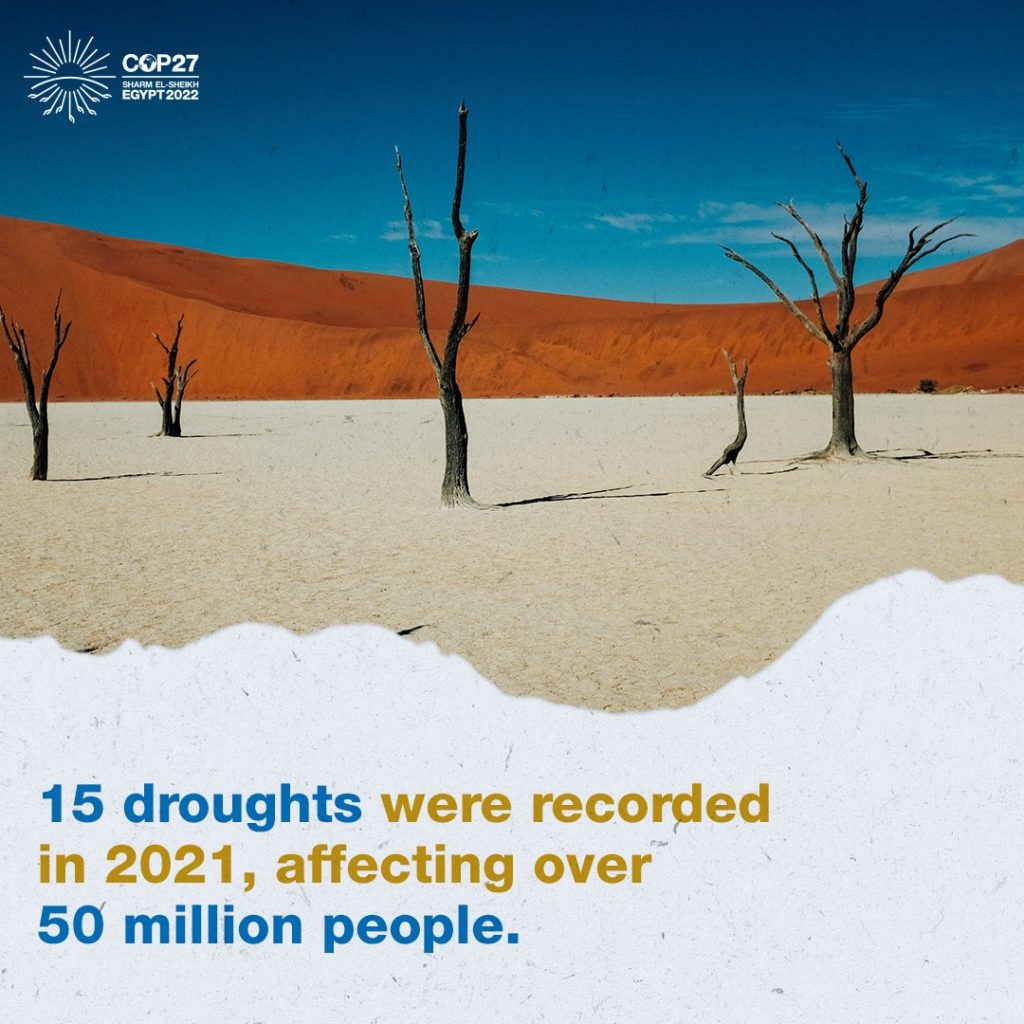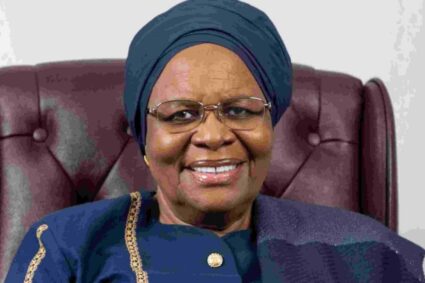Africa is suffering disproportionately from the effects of climate change despite being the lowest carbon emitter, – an injustice the continent believes makes its cases for loss and damage compensation at COP27.
Loss and damage finance is taking centre stage at the 27th session of the Conference of the Parties (COP27) that started running from November 6 and will end on 18 November in Sharm El-Sheikh, Egypt.
Rising global temperatures have affected Zimbabwe with extreme events #PayUp4LossAndDamage like cyclone-induced heavy rainfall leading to crop #LossAndDamage.
A final report of the International Federation of Red Cross on the impact of the disaster on Zimbabwe summed up the destruction as follows: “More than 50% land under maize crop, banana plantation and tubers like yams was wiped away, 18 irrigation schemes affected, at least 362 cattle and 514 goats and sheep, 17000 chickens were lost, whilst 86 dipping facilities were damaged.”
For Africa, COP27 follows a year of heightened impacts from climate change, alongside the related effects of rising food and fuel costs, Russia’s war in Ukraine, and COVID-19 impacts in Africa.
Due to the increase in global urgency regarding climate change, African feminists, such as members of the African Feminist Taskforce (AFT), working with the Women and Gender Constituency, have put forward 27 demands – representing a demand each for the past 27 COP. The 27 demands address key issues such as:
1. Women’s and youth leadership in climate processes,
2. A just and equitable energy transition,
3. Climate finance, and just technology, and
4. The intersection between climate, social, and economic justice.
The biggest single delegation at COP27 is from the United Arab Emirates who will also host COP28 next year. They have 1,070 people on the ground here, up from just 170 last year.
Conference of Parties (COP) began as a result of serving as the formal meeting of the UNFCCC parties to assess progress in dealing with climate change, and beginning in the mid-1990s, to negotiate the Kyoto Protocol to establish legally binding obligations for developed countries to reduce their greenhouse gas emissions.



